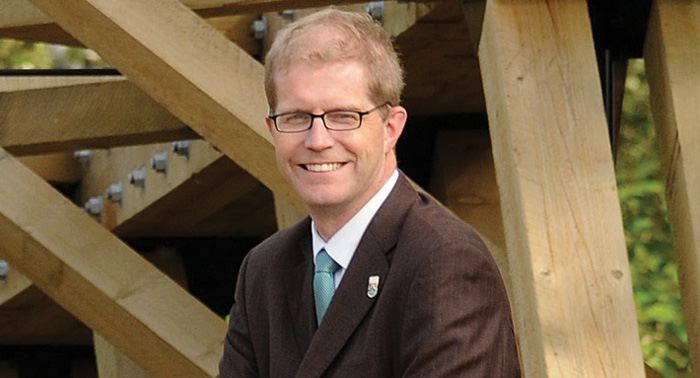The date for legalization of cannabis has come and gone in Canada and touched every community, including Prince George. Legalization marked a big shift in how our society operates, touching upon many institutions of Canadian life. From public safety, to retail services, to transit and labour law, the impact of legalizing cannabis will continue to require coordination among all levels of government.
Prince George's city council is the level of government closest to your daily lives and as a result, we're on the front lines of cannabis legalization. Our city is a member of the Federation of Canadian Municipalities (FCM), which has been helping communities get ready locally while engaging with the federal government in Ottawa. Municipalities cannot manage the impacts from this national change alone.
The key elements of a safe and effective rollout of cannabis legalization require clear cost-sharing of a potentially hefty bill. While much has been said about the revenue potential of cannabis sales in Canada, too often we forget about the new costs. Legalization has real operational and cost implications for a wide variety of municipal departments. Right now, in Prince George, you as local taxpayers are on the hook for all these new bills, and that's not fair.
Among the new costs Prince George city hall will be responsible for are the cost of the police resources required to manage this new reality. Local governments already pay for more than 60 per cent of all policing costs in Canada. In Prince George, as in most of B.C., 100 per cent of our policing is contracted to the RCMP.
Fortunately, the federal government recognized the key role of municipalities in a successful transition to a legalized cannabis regime. In September of 2017, the Government of Canada committed $81 million towards helping police services prepare for legalization including training and technology to tackle drug-impaired driving. That said, we are still waiting on details of how this $81 million will be allocated from the provincial level to our local level, despite the fact that local costs have started to be incurred and continue to mount.
Through our nationwide efforts with the FCM, the federal government released half of its own cannabis excise tax revenues to the provinces, specifically to support municipal governments on the front lines of legalizing cannabis. To date, however, B.C. has not revealed plans to share those funds with local governments. Too many communities like ours do not yet have any clarity on how cannabis costs will be covered through provincial revenue-sharing frameworks. As the lead on cannabis legalization, the Government of Canada will need to ensure adequate revenue-sharing plans are in place and municipalities are made whole for the costs of this federal policy.
Clearly, there is still more work to do and the lack of information on revenue-sharing for many local governments is worrying. Worse yet, some provinces have even indicated that they will not allow the portion of federal excise tax revenue designated for municipalities to flow to communities. This is unacceptable!
Municipalities are calling on the provinces to bring forward a clear path to uphold their end of the deal. They must provide support to municipalities to address local challenges around cannabis legalization. This also means the federal government needs to ensure provincial plans for revenue sharing are finalized and implemented. Prince George has been hard at work changing bylaws, ensuring local police services are equipped and engaging citizens. But getting this right requires municipalities getting all the committed resources they need.
In summary, while cannabis legalization moves forward, you can count on Prince George to continue moving forward to adapt to the challenges ahead. Across Canada, citizens can count on their local governments to respond. But the one challenge we can't fix alone is ensuring local costs incurred by the new legalized cannabis regime are fully and sustainably covered as committed.
Successful rollout of legalization requires collaboration across all levels of government. Prince George and communities large and small are ready to do our part. Let's work together to get this right.
-- Garth Frizzell is a Prince George city councillor and second vice-president of the Federation of Canadian Municipalities



